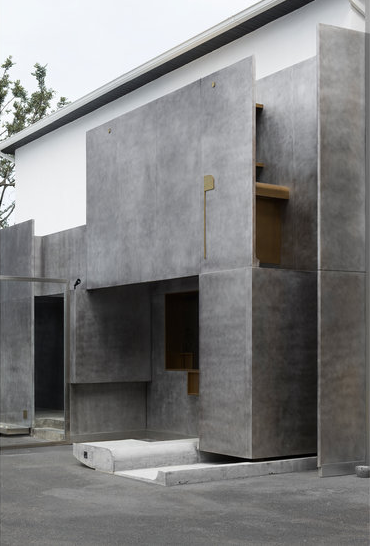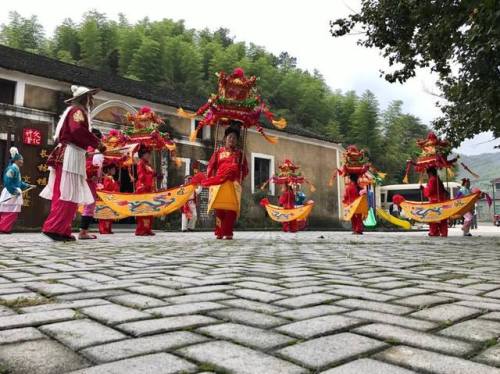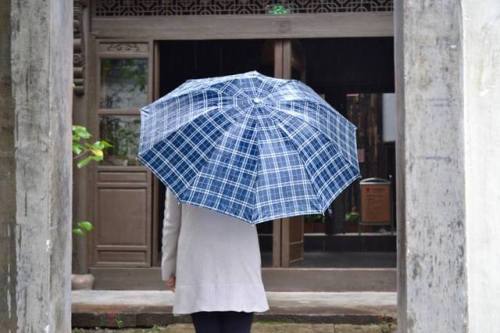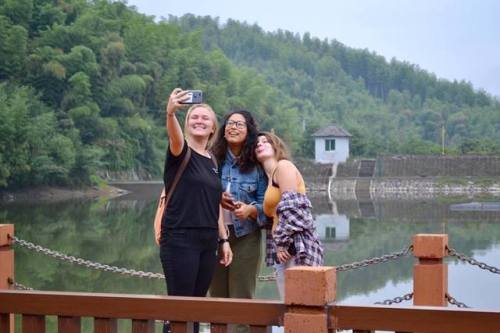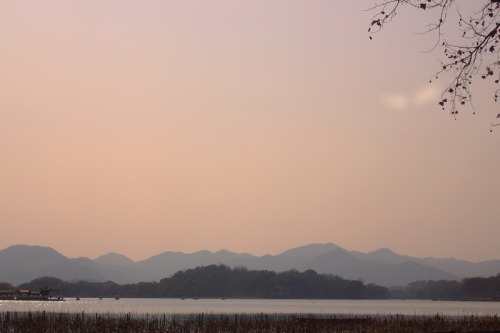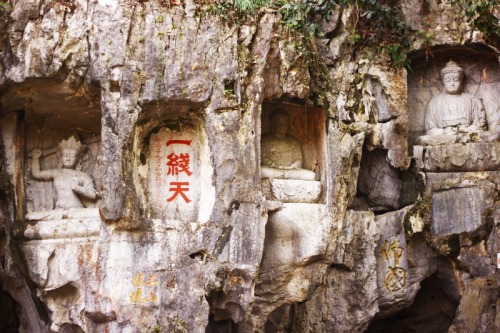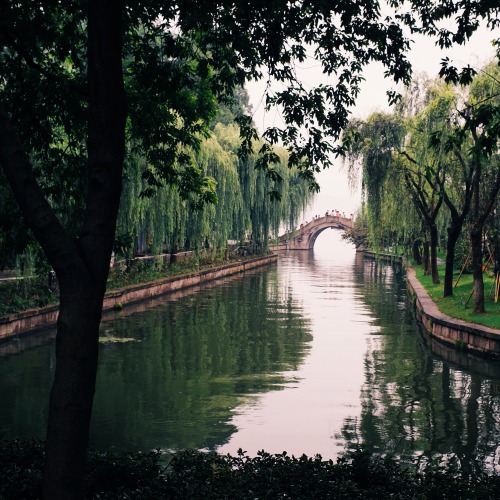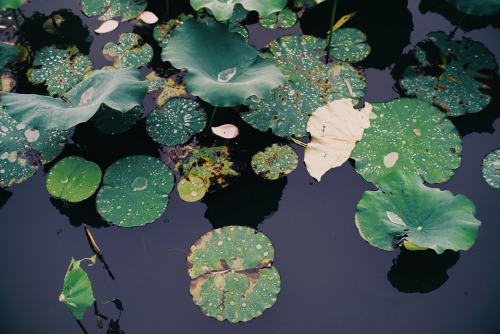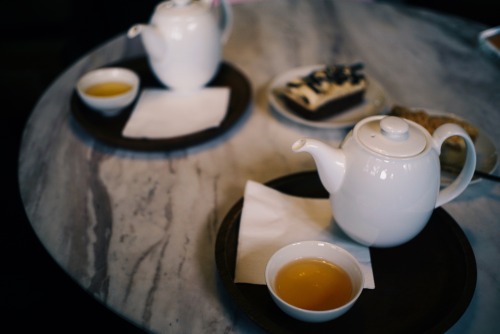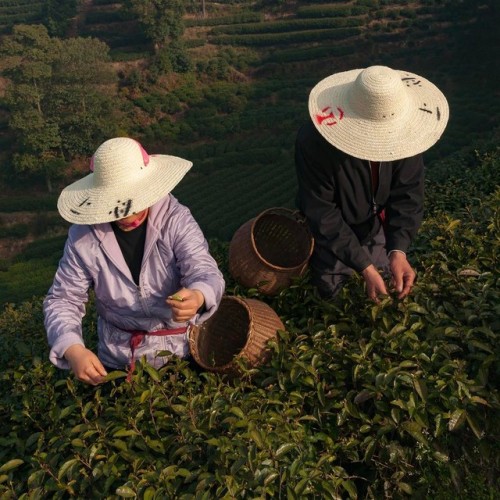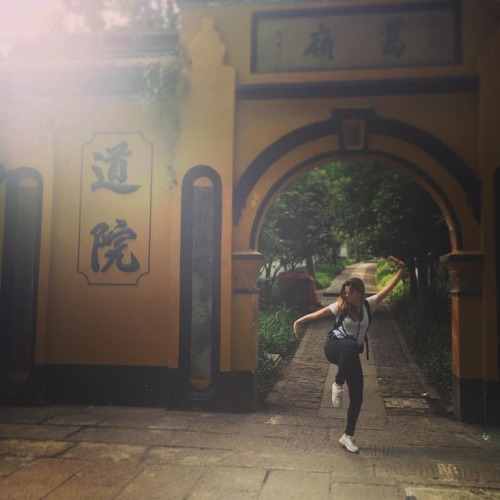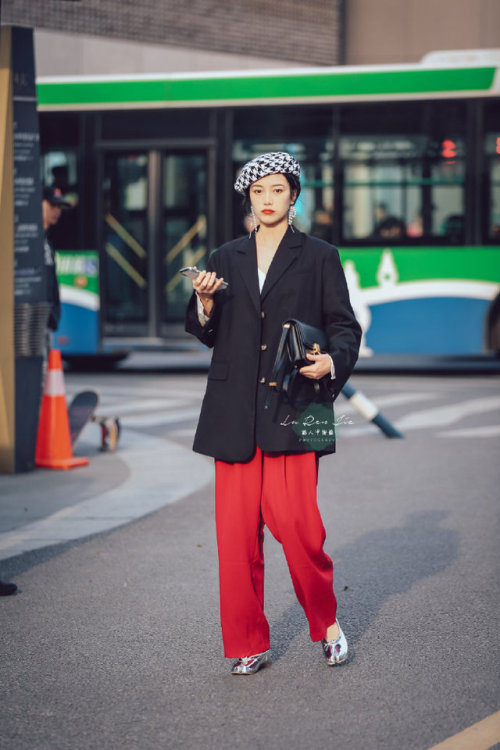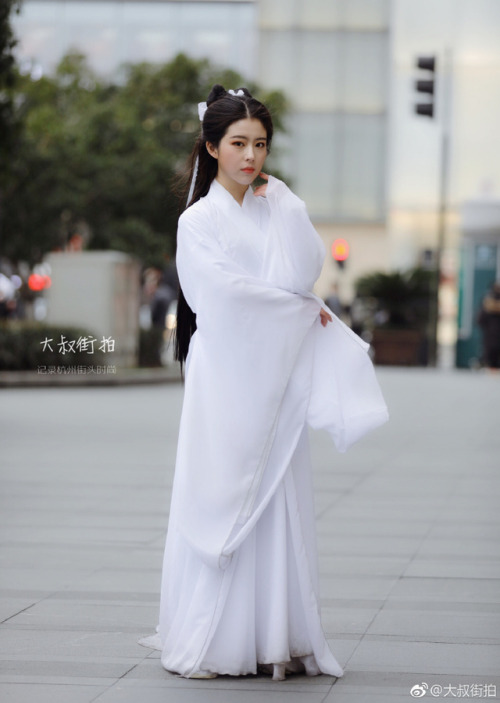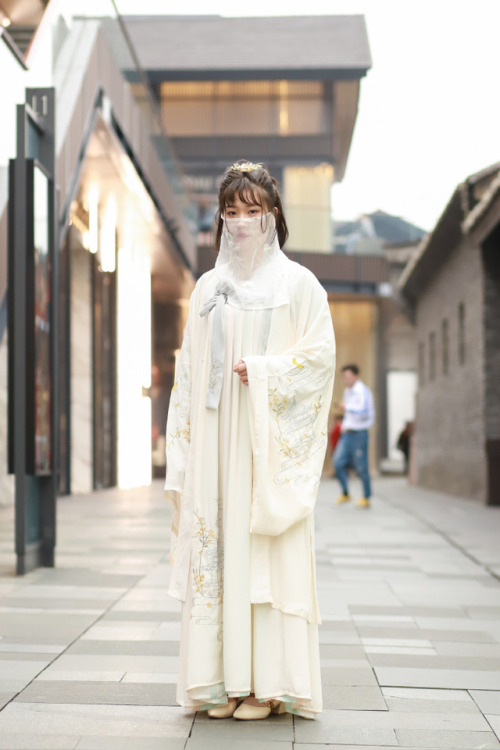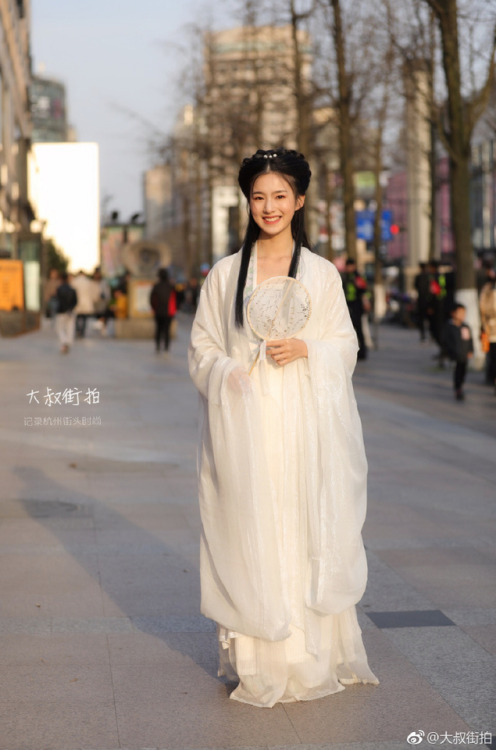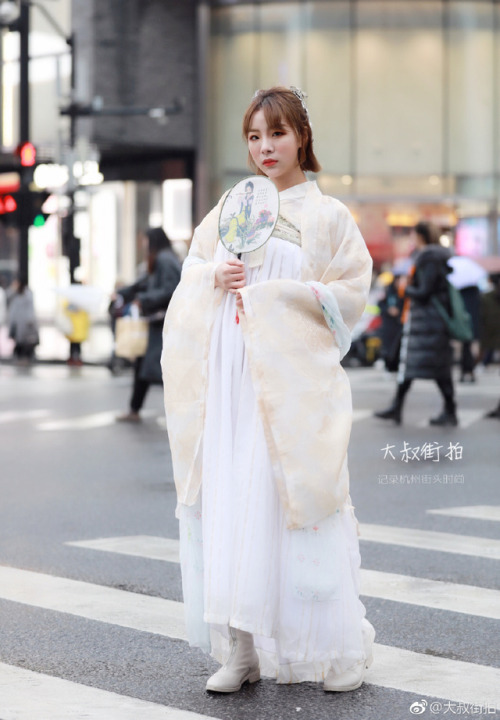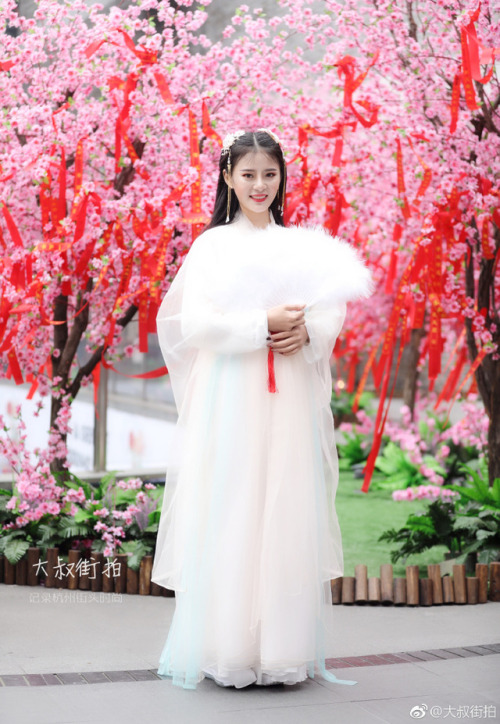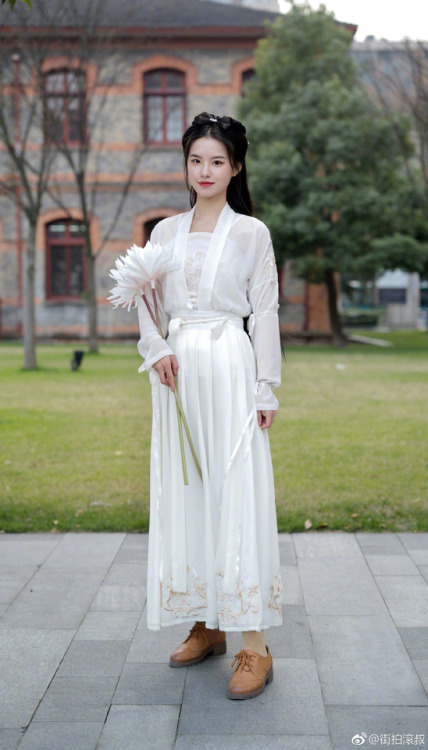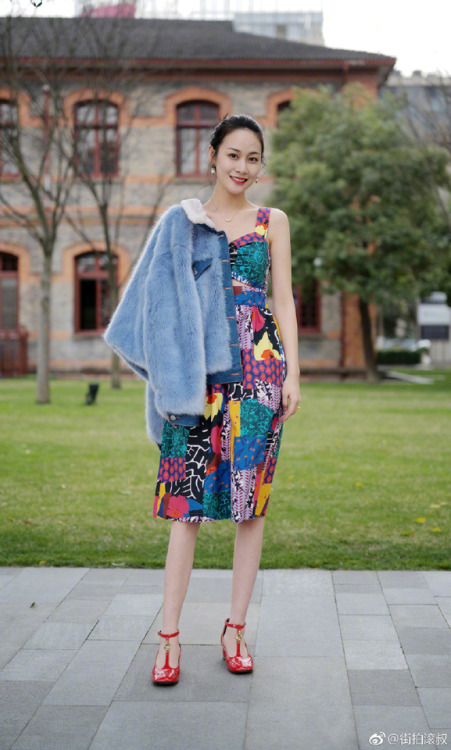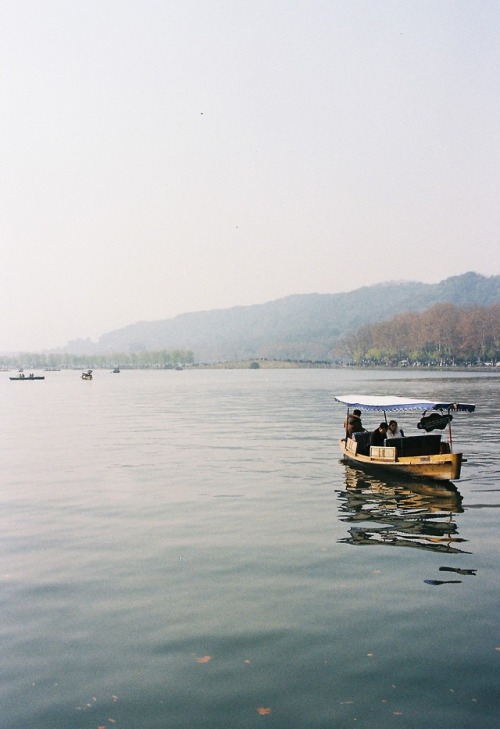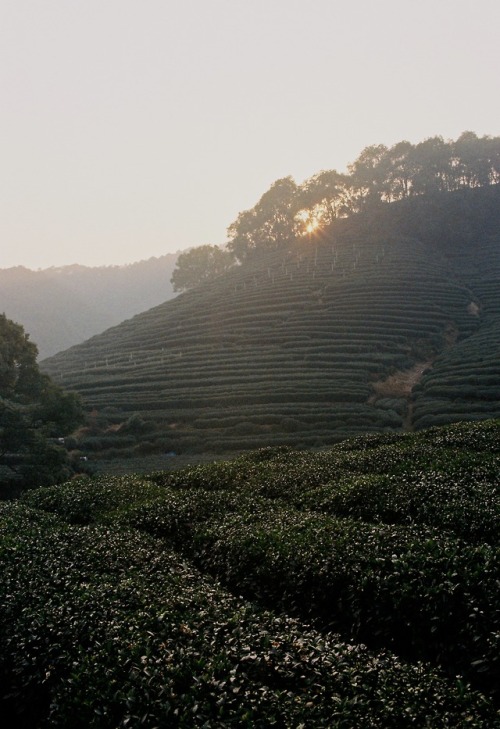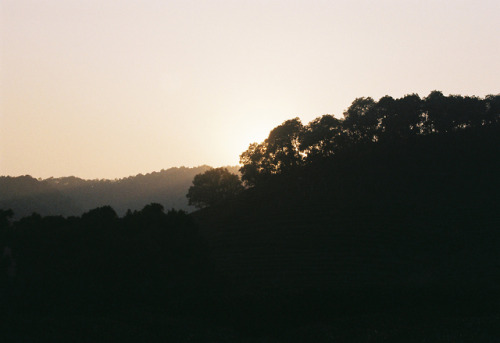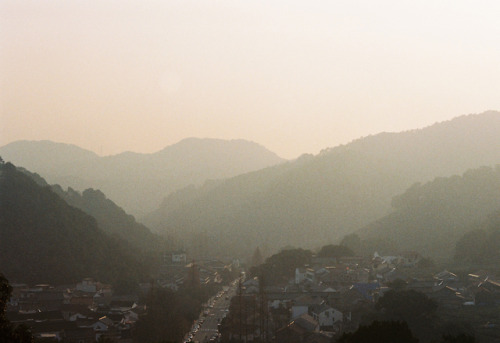#hangzhou
AN Interior Design, Reception office of BaiTaling art school, Hangzhou, China, 2016
Photo by: Yujie Liu
Post link
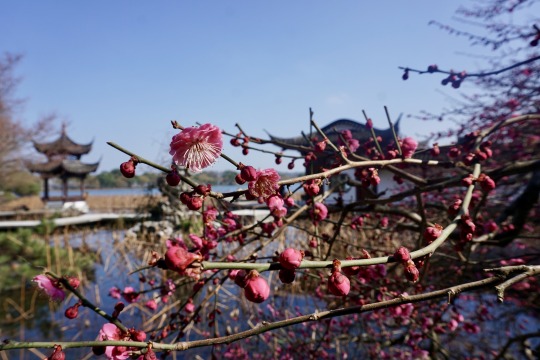
I wake up to the sound of e-bike alarms; it was also my lullaby, and I’m becoming oddly attached to it. Today is Wednesday in Hangzhou, and the students of Zhejiang University Yuquan Campus are ready for it to be Friday. It’s not that we don’t like our classes; this is, after all, one of the top universities in the country, and it shows in the academics and campus. Rather, we are hoping for Friday to reward us for our hard work with more seasonable weather and a possible win at trivia night. As of now, nine in the morning, it is stressfully hot and even more humid.
The food here is delightful, as rather than a sit-down meal of hit-and-miss eggs like I would have in the States, I grab some steamed pork buns, the breakfast of champions and the Chinese. Vitamins are rare in the meat- and bread-based meals here, so I grab a mango-orange juice and pretend it’s healthy. Wednesday morning, for me, means meeting with my counselor to discuss my Junior Research Seminar work, so I sally on up to the balcony and log on to Zoom for my appointment. On the way, I pass people speaking Mandarin, Korean, Arabic, Spanish, English, and what I presume to be Swedish.
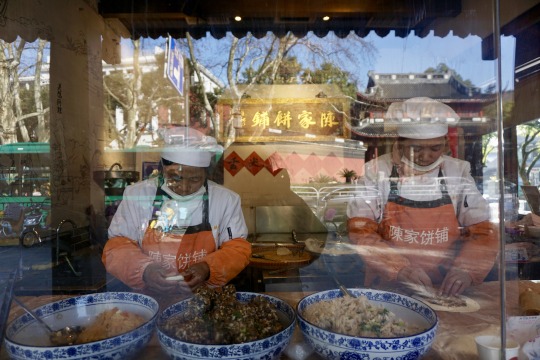
China Center students are notorious for not leaving the bubble, but when you take a look at the variety of humanity spilling from the doors of the International Dorm, it’s easy to understand the temptation of just making friends here. As far as many Global students are concerned, China is here, in ZJU’s building 30.
Wednesday afternoons are a doozy for me. The second I wrap up my meeting, I must procure lunch and hustle over to the Center, and upstairs room in a building fifteen minutes from the dorms. This campus is truly enormous, and I have yet to even walk from one end to the other. I pop across the street for some beef and potato curry with rice, da bao (to go, minus the tones) because I don’t have time to relax. This is my favorite part of the day, walking through campus in anticipation of a challenging yet rewarding class, hot lunch in my hand; I build in an extra five minutes so I can walk slowly. ZJU Yuquan campus is lined in trees, green places to relax, mom and pop convenience stores, and rows of yellow bicycles you can borrow for free, if you’re in a hurry. These bikes are all over the city and are outrageously convenient, yet another example of Chinese efficiency, along with paying for everything, and I mean everything, with your phone, and adequate bike lanes. Hangzhou has about ten million residents and hangs, many days, under a layer of smog; when it rains, you are strongly recommended to use an umbrella, lest the chemicals in the rain cause your skin irritation. Still, despite the smog and the humidity, this campus is filled with trees that make the air seem crisp and fresh. By the time I arrive at the Center, I have a pep in my step and a banana I picked up at a fruit stand, ready to start class.
With Global College, I have taken either intensive or survival courses in the following languages: Spanish, German (just key phrases), Darija, Italian, and Bosnian. Nothing prepared me for Mandarin. It’s just the tones, they’re a real game changer. The first tone, like you, could care less, the second tone like you’re mildly surprised, the third tone, as though you are wholly incredulous, and my favorite, fourth tone, like someone just punched you. In theory, it should be easy, but English is a language that relies heavily on intonation for meaning, and I personally have some bad habits. The most egregious is the California Upswing, that pesky habit of ending every sentence on an upward tone like I just asked a question? Most recognizable in Southern California valley girls, I am ashamed to admit that we, too, have it in the North.
Qingqing Laoshi (Sunny Teacher) is unimpressed. Qiaokeli, she says, are you saying can I have some water, or can I have some sleep? Both are shui, and I just can’t wait for class to end so that I can put my notes on flashcards and practice until I no longer feel helpless. We have a grand total of fifteen minutes between the end of class and the start of Junior Research Seminar, so I chow down on my Chinese-style beef curry, filled with cinnamon and perfectly cooked potatoes. I might miss that curry place more than I miss some of my new friends, because food is the best friend I will ever have.
JRS is a breeze as always, with spirited conversations on research ethics and no shortage of connectivity problems. Finding adequate internet in China is always an adventure. As class comes to a close, we disperse, and the day is ours. Some will nap, others will ride bikes to the lake, find a patch of grass, and nap. Let’s be honest, at some point, everybody is going to nap. I save my nap for later, heading to my favorite local café to study and drink a well-deserved milkshake. Later, I will spend an hour calling family so that they know I’m not dead, and perhaps for dinner I will practice my Mandarin on the street noodle vendors. When I feel I have completed as much work as I wanted, I will meander over to a local bar where all of the bartenders are South African and the tiny Chinese girl who fronts the house band is always crooning George Michael hits. I do not go to drink, although I may indulge in a chicken quesadilla; I go to spy on the local fauna. People watching is, without a doubt, my favorite part of living in a large Chinese city, and a consistently uplifting way to end a school day.
If you made it this far, I applaud you. While it may seem that this piece was merely an exercise in ego, let me assure you, I had a point. Through my florid prose and unnecessary asides, I wanted to convey this: China, and the Global College China Center, are different from anywhere I have been to date, but a Wednesday here is still just a school day. Every day of college is made up of a series of seemingly trivial components. It is the individual quality of those components that comprise the spice of life. Each day here is both predictably normal and spectacularly exciting. I can only hope to portray even a sliver of that in my writing.
by Julia McCoy

Over the course of two years traveling with Global College, I had developed a very specific arrogance. In our classes and in our daily conversations, we would explore our strengths as international students; we read about cultural literacy and worked through our culture shock eagerly. After eleven countries with school alone, I was convinced that I could adjust to anything; after all, no one can truly avoid culture shock shutting them down briefly, but I knew what to expect, right?
Then I came to China.
I chose the China Center over Australia for my Junior year for two reasons. First, the classes were more suited to my interests, with focuses on cultural relations and business, as opposed to environmental concerns and alternative pedagogy. That being said, all of these topics are covered in every Center; it’s an extremely well-rounded education. Second, I chose China because of the rave reviews. Every one of my peers who had spent time in Hangzhou had raved about the program: the classes, the campus, the Center staff, and the city itself.
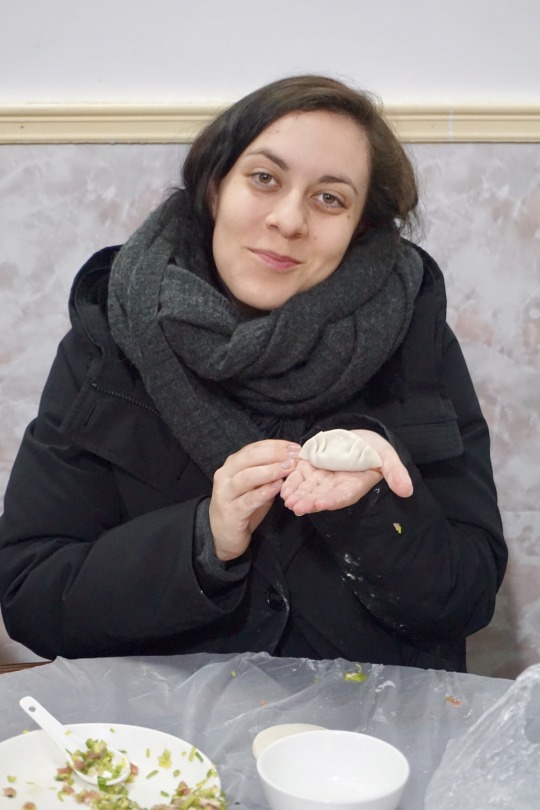
They had also cautioned against biting off more than you could chew, indicating the program to be difficult in the best ways, forcing you to grow and learn every day. Having just taken a semester off, I was looking for a challenge, and I arrived in China with an equal mix of excitement and aforementioned arrogance that, with my enthusiasm and determination, I could overcome the alienation of a new country and thrive. I was wrong, we were all wrong. But being wrong was the best thing that could have happened to us here.
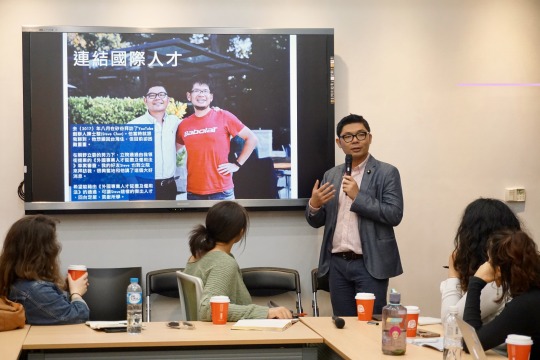
To a ragtag group of Western weirdos who have never been to China, as most of us had not, China is not a foreign country, it is a foreign planet. For once, you cannot get by with broken English and gestures, and when you go to learn the language, it is like nothing you have ever seen. The food is a whole new set of tastes and rules, and interpersonal interactions are like playing the piano blindfolded and hoping the sounds you make won’t upset the audience. The nightlife is thrilling, and the classes are demanding. At the end of the day, you would think an experience such as this would be unpleasant, but you would be wrong. Coming to Hangzhou is an adventure every day. Sure, there are days when we miss you, and no one was truly prepared for the difficulty, but I have learned and grown more every single day here than in the seven months I took off from school, combined. Some experiences have truly shaped me.
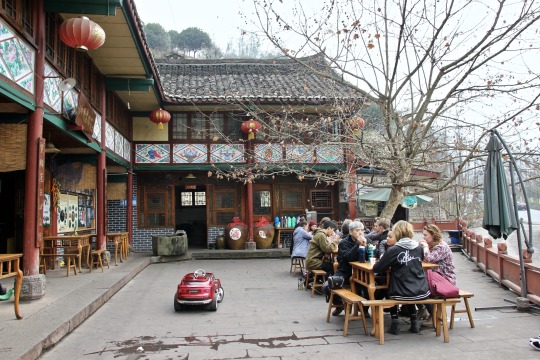
One facet of Chinese culture that has left a strong impression on me is how humans interact. Prior to this, I knew that I enjoyed large cities due to the anonymity they afford; millions of people are far too busy to care what you do, and you are left free to do as you please. My experience of China has taken that to a whole new level, although that may be a symptom of the sheer size of Hangzhou. Hangzhou has a population of 9.5 million people. For some perspective, that is nearly eleven times the population of San Francisco. Still, in China, you can do absolutely anything you please, so long as it is not illegal, and no one will notice until you address them directly. As much as I love this, it is the flip-side which I enjoy more. If you enter a Chinese person’s space and engage with them, be it in their shop, their restaurant, their house, or just their daily life, they will welcome you as family. They learn your name, they tell you jokes, and they worry if you seem out of form. In a program where we have only each other as family and a nine- to twelve-hour time difference between us and our support systems, the care of strangers means absolutely everything.
Please note, the familial feeling does not extend to taxis. A cabbie will yell at you, full-volume, if you cannot say your destination in Mandarin. I would consider this to be affectionately rude, as they truly care about you getting where you need to go, and I find it charming.
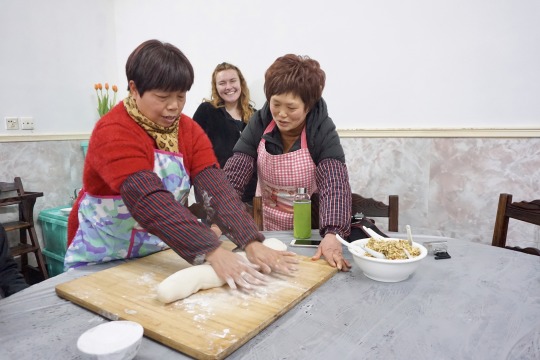
Though Hangzhou is massive and mostly concrete, there is beauty to be found. Ride a bike over to the lake and enjoy a picnic on the shore or reward yourself for finishing that big essay with a trip to the botanical garden. There is some pretty impressive architecture to be found, and a river down which you can ride a water taxi with the regular commuters. I have spent countless caffeinated hours in the many adorable cafes near the university, taking in the carefully curated atmospheres: one with scribbled notes on the wall reaching as high as a student with a marker standing on a chair, another with a friendly little dog to cuddle you and extremely creepy art painted on the ceiling. There is music, and art, and apparently kitten cafés, though I have yet to go. It is sometimes difficult to focus on school in this whirlwind of cultural discovery, but one must.
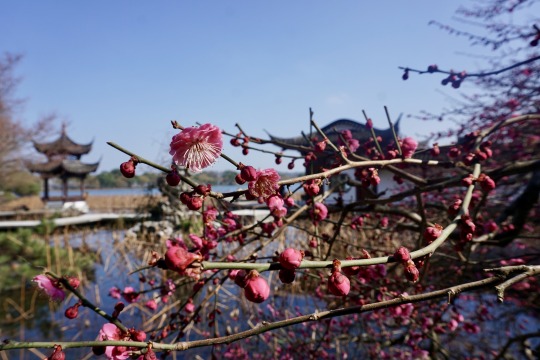
As I prepare to leave China, I know that far more than even this amazing city, I will miss the China Center staff. From some of the most fascinating professors, I have ever had to a crew who supported me, supported all of us, through some of the toughest months of our lives, they have made China everything I was promised. And even though Hangzhou knocked the arrogance clean out of me by force, I am the better for it, and I will always be grateful. I know that one day when I am prepared to be humbled again, I will return.

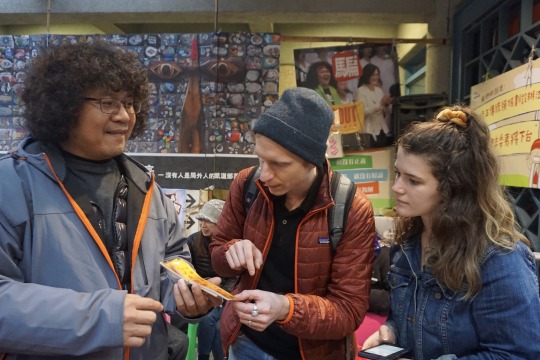
What do you picture when you think of China?
For many people around the world, the first images that come to mind are often of hyper-developed urban landscapes—skylines built from glass and steel, streets clogged with people, and a gauzy veil of smog draped across it all. And while this may be a fair description of some large Chinese cities on particularly polluted days, there’s another face of this country that remains largely invisible.
For our first class trip of the semester, students from the LIU Global China Center left behind the city of Hangzhou to spend a weekend in the countryside of Anji County. It was an opportunity to learn about the culture and sustainability of China’s rural areas. While traveling by bus out of the city and into the mountains, I was struck by the beauty of the landscape. We were surrounded by dense, green forests that stretched out across the rolling hills and mountains, and the mist formed naturally in the rainy climate (in contrast to the smoggy skies over Hangzhou).
It was a busy couple of days—we visited several local communities with our guide, and she introduced us to a different side of China. It was clear that the people we met in Anji were excited we had come to learn about their home and eager to share their culture and environmental work with us. I felt this way especially when we went a bit further out into the countryside to see some of the environmental initiatives being implemented in small towns (such as water treatment and waste disposal systems). We were also fortunate enough to be invited to the homes of local families. I and a group of other students had the chance to speak with Mr. Chang, a retired local politician. He talked to us about his role in the government and community and the significant changes he’s seen in the area over the course o
This theme of gradual changes in rural areas was a recurring theme throughout the weekend. The people we met in Anji value their traditions and culture, and appreciate the peaceful beauty of their natural environment. However, they are also aware of the uncertain future of rural communities. Village populations continue to shrink as younger generations move to cities in search of better jobs and education. As we visited a number of “green” buildings, environmental projects, and other local organizations, we gained a deeper understanding of China’s “beautiful countryside” initiative. With a combined focus on “planet, people, and profit”, this governmental project has played a major role in Anji’s efforts to protect its natural environment and way of life. One student, Alejandra Molina, found the government involvement in these local projects impressive, explaining that “it was a very enriching experience, seeing the efforts that the government has made to preserve the countryside even in this age of urbanization.” They’ve certainly made quite a lot of progress, but as the people, we spoke with emphasized, there are still no guarantees as to the sustainability of this movement. Erin Young was also interested in learning about the complex issues at play here. “Our discussion with our guide really opened my eyes to the local problems occurring in the Chinese countryside,” she said. “I think seeing it firsthand, the tourism they are attempting to create proves how difficult it is going to be for them.”
Environmental sustainability—as well as its intersections with cultural traditions and ecotourism—is a subject that my classmates and I have had the chance to study in depth in a variety of locations over the last few years. It’s always interesting to see how these processes and conditions differ between countries. One student, Karla Dana, appreciated the opportunity to explore the connections between Anji’s problems and the larger global issues we’ve been studying in our classes. “What impacted me the most about this trip was the interplay of global and local dynamics,” she said. “I learned how the recession in the mid-2000s affected bamboo farmers in Anji, which in turn led them to plant tea instead of bamboo, and that ended up having negative repercussions on the land in local villages. It’s always interesting to gain a local perspective on global issues!”
Overall, our trip to Anji was an engaging experience. I’ve always had an interest in environmental issues—and our readings and lectures had provided important background knowledge of China’s environmental protection initiatives—but this weekend helped to fill in my understanding with so much more nuance and complexity. Trips like these always leave me feeling so grateful to be a Global student and to have the opportunity to witness the local applications of more abstract global issues.
Anji,
by Emma Manos
Post link
west lake 西湖xihu in March, hangzhou 杭州, zhejiang 浙江
Wang Wusheng, Small pines and far mountains, taken at Peak Lying on the Clouds November 1984, 7 A.M., from Celestial Realm: The Yellow Mountains of China
Post link
Posing #hangzhou #shanghai #china #travel #asia #light #chinesearchitecture #chinesekungfu #posing #architecture #temple #gate #sumner (hier: Hangzhou, China)
Post link


